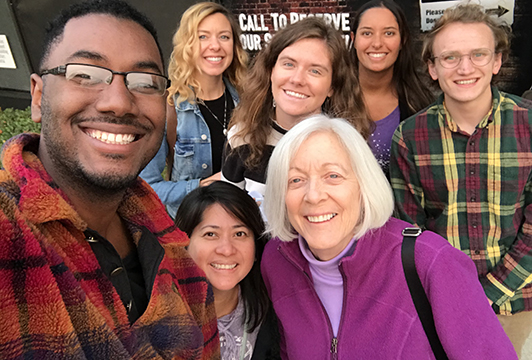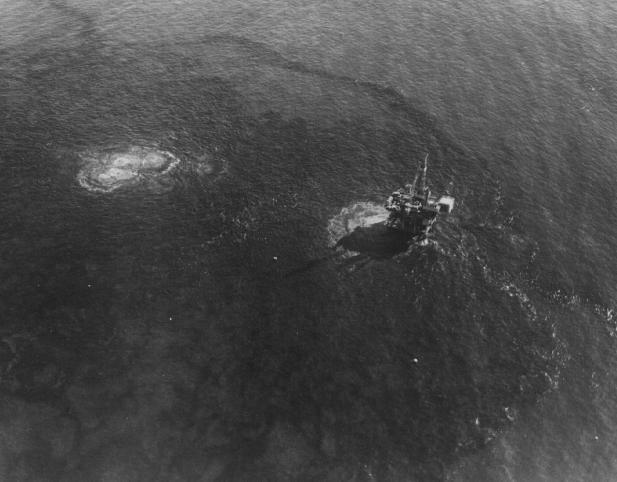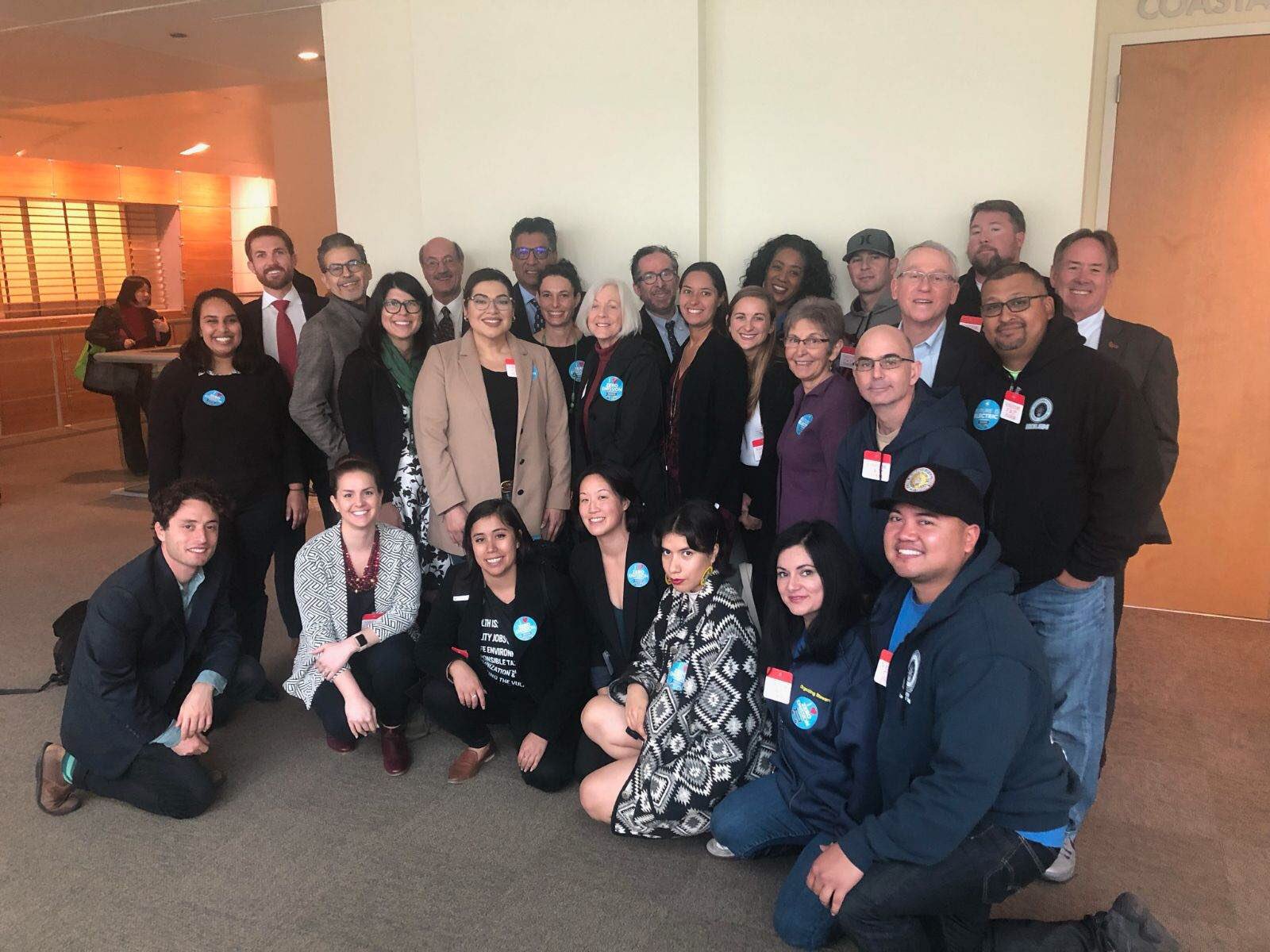
New Advocates Join Our Team

We’ve welcomed two new staff advocates to our team in Sacramento, Lauren Cullum and Brandon Dawson.
Both are recovering attorneys who have left the life of lawyering to become policy advocates.
Both are also committed to environmental protection and often spend free time hiking. Brandon backpacked for four weeks along the continental divide last summer, just before applying for the position at Sierra Club California.
Lauren hiked the historic El Camino de Santiago pilgrimage in Spain for three weeks.
And both are new to California. Brandon grew up in Texas and Lauren grew up on the east coast, but both have lived in a number of places for school and work in recent years, including Washington DC.
Lauren is covering climate, energy and toxics issues, among others. Brandon is covering water, natural resources, and wildlife issues, among others.
With the new year, our anti-biomass-incineration campaign organizer, Daniel Barad, has added legislative and regulatory advocacy on forest and wildfire issues to his portfolio. And Katherine Garcia, our communications associate, is now the policy lead on all things electric vehicle.
Molly Culton continues to organize support for the Buy Clean effort. She is also helping out on water and energy issues.
Kathryn Phillips, Sierra Club California’s director, helps our advocates on certain key policy issues and is focusing more attention on the governor’s office and other newly elected statewide officials this year.
Geraldine Alava, our operations coordinator, keeps tabs on the bookkeeping, budget and general office operations.
All together, we make sure the environment has a bold, clear voice in the State Capitol.
Santa Barbara Remembers Oil Spill Disaster that Launched a Movement
By Lauren Cullum

Photo by USGS
This year marks the 50th anniversary of one of the worst oil spills in our nation’s history. On January 28, 1969, a blow-out occurred on an oil platform about 5 miles off the coast of Santa Barbara.
The explosion was so powerful it cracked the seafloor in five places, allowing for 3 million gallons of crude oil to be spewed into the Santa Barbara Channel. Oil slick continued to foul the harbors and beach for months before the responsible operator could contain the spill.
This catastrophic event killed at least 3,700 sea birds and suffocated other ocean wildlife such as dolphins and seals. Detrimental economic and health impacts that ensued. At the time, this was the largest spill in U.S. history.
The disaster shocked the country and launched the modern environmental movement. People began to recognize that we have a moral obligation to protect the environment and, from this, new ideas emerged on how we can do so.
This motivation spurred some of the most significant conservation efforts and regulatory changes of the 20th century, such as the Clean Water Act, the National Environmental Policy Act, and the establishment of the Environmental Protection Agency.
Although great strides have been made since the 1969 spill, the threat remains. Oil companies are relentless in their pursuit of accessing the oil underneath the seafloor and this has come with destructive costs. Such a cost occurred in 2015 when an eroded pipeline burst and leaked over 100,000 gallons of crude oil near Santa Barbara.
We need to remember these spills and the risks associated with oil drilling as we face an unprecedented number of proposed oil projects in 2019. These tragic events can only be avoided if we transition to clean, renewable energy sources and end fossil fuel production completely.
This month, there will be many events in and near Santa Barbara memorializing the 50th anniversary of the Santa Barbara Oil Spill including:
Groundbreaking Rule to Adopt Clean Transit Buses
By Katherine Garcia

A coalition of environmentalists, labor unions, environmental justice organizations and public health organizations, led by Sierra Club California, celebrated a victory in December that will deliver cleaner buses to cities around the state.
The California Air Resources Board (CARB) adopted a groundbreaking rule on December 14 that will phase in clean buses statewide, taking a giant step towards tackling health-threatening transportation pollution.
The Innovative Clean Transit (ICT) Rule will require that all public transit agencies in California replace old buses that emit pollution with zero-emission buses (battery or fuel cell) by 2040. It will achieve this through a purchase requirement and does not require transit agencies to replace buses before the agency would normally do so.
The labor/enviro/health coalition, whose key members included Sierra Club volunteer Ray Pingle, worked over the last three years to push the rule through. Some transit agencies opposed the rule early on, but activists managed to persuade some major transit agencies, including the largest in Southern California, to set their own goals to switch to electric buses and join in support of the state rule.
There are currently 13,000 transit agency buses in California, of which the majority are powered by diesel fuel or methane gas—both sources that contribute to making our cities some of the most polluted in the United States.
Zero-emission buses are now commercially available and viable. While many transit agencies have added electric buses to their fleets and set their own goals to shift to zero-emission buses, this rule will ensure that all agencies deliver clean air benefits in their communities.
The latest electric buses go roughly twice as far on a single charge as the average transit bus travels each day. Bus ranges have more than doubled in the last three years.
California is becoming the national leader in electric bus manufacturing, with six companies producing electric buses here. More electric bus sales will boost good-paying manufacturing, infrastructure installation and solar development jobs for Californians.
This is the first major regulation in the U.S. for transitioning to zero-emission buses and will serve as a model for other states and countries.
The future of transit buses consists of a quieter ride, cleaner air and a healthier economy. And this is great news for millions of bus riders in California.
Follow Us:
Thank you for being a part of our work! Consider making it monthly. You may securely donate online or by sending a check to Sierra Club California at 909 12th Street, Suite 202, Sacramento, CA 95814.







